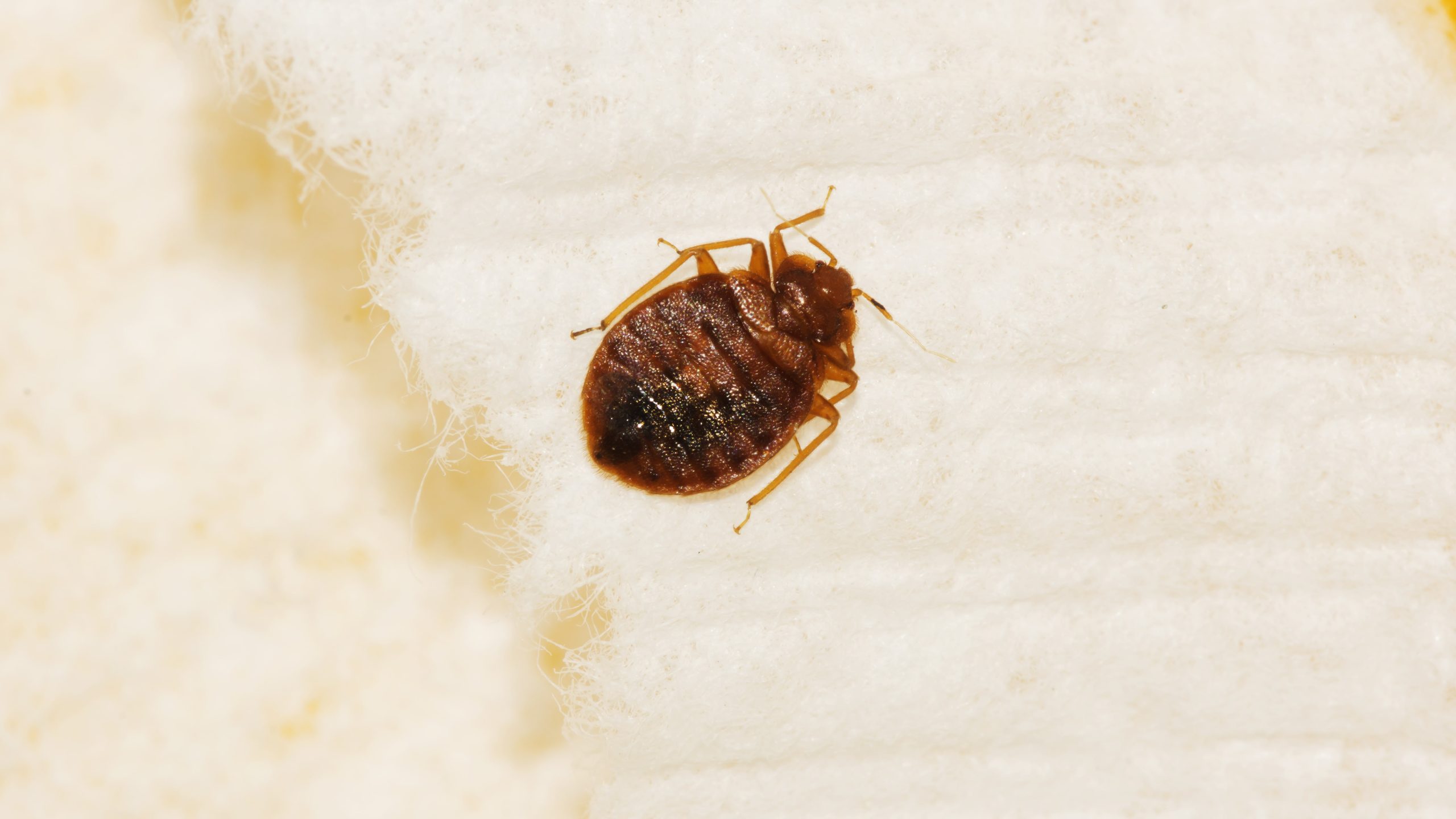The cost of bed bug removal depends on the size of your home, the extent of infestation and whether you’re hiring a professional or doing it yourself. If you’re doing it yourself, you should be able to remove bed bugs from a single room for less than $50.
If you hire a professional to do the work for you, expect to pay at least $1,000 for the treatment of an average-sized home. Prices can go as high as $10,000 for larger homes with more rooms or multiple levels. Here are some things that might increase or decrease the price:
The Size of Your Home – The bigger your home is, the more time it will take for an exterminator to treat it for bed bugs. This means that it will cost more money than smaller homes.
The Size of Your Bed Bug Infestation – The more bugs there are in your home, the more work needs to be done by professionals when they spray pesticides throughout every room in order to kill them all at once (rather than only spraying around individual places where they’ve been seen).
What Is The Main Cause For Bed Bugs?
The main cause of bed bugs is that they can come from other infested areas or from used furniture. They can hitch a ride in luggage, purses, backpacks, or other items placed on soft or upholstered surfaces.
Bedbugs are flat, oval-shaped insects that feed on blood. Bedbugs do not have wings and cannot fly but can move quickly over floors and walls. Bedbugs hide in cracks and crevices during the day. They become active at night when they search for a host. Bedbugs prefer to feed on people and animals that are asleep, but they will also bite other animals in your home like dogs or cats if they’re hungry enough.
Can You Ever Fully Get Rid Of Bed Bugs?
It can be difficult to eliminate bed bugs, but it’s not impossible. Bed bugs are small, flat insects that feed on the blood of humans and animals. They are nocturnal and hide in cracks and crevices during the day. Bed bugs are not known to spread disease, but they can cause skin reactions like welts.
If you have bed bugs, you may see them in the folds of your mattress or in the seams of your sheets. You may also notice their droppings or black spots on your sheets (which are actually their shed skins). The first step to getting rid of bed bugs is finding out if you have them by looking for signs.
You can try treating bed bug infestations yourself, but it’s important to follow directions carefully and use products that have been proven effective against these pests. If you’re still having trouble getting rid of the bugs after trying several methods, call in a professional pest control company instead.
How Long Does It Take To Get Rid Of Bed Bugs Completely?
Bed bugs are a real pain, and it can be discouraging when you realize you might have to deal with them for a long time. But don’t worry. You don’t have to wait months or years to get rid of bed bugs—it typically takes anywhere from 2-4 treatment sessions over a period of 3-6 weeks to completely eliminate bed bugs, depending on the level of infestation and the size of the house.
What Is The Success Rate Of Bed Bug Extermination?
Bed bugs are a serious problem, and they’re not going away anytime soon. While you may be tempted to try DIY solutions or other over-the-counter methods for getting rid of them, it’s important to remember that the treatment needs to be done correctly.
Heat treatments are highly effective as they can get rid of 95% of bed bugs with just a single treatment. This is because bed bugs can’t survive temperatures above 113°F, and heat treatments reach those temperatures. However, if you don’t know how to set up your heat treatment properly or don’t have the right equipment, it won’t work effectively enough to kill all the bed bugs in your home. That’s why it’s so important to hire an exterminator who knows what they’re doing if you want to get rid of your bed bug problem once and for all.
In conclusion,
The cost of bed bug removal depends on the size of your home and the extent of the infestation. The average cost for a full-scale treatment is $750, but that can vary by more than $500 depending on where you live and how many infested areas there are.
